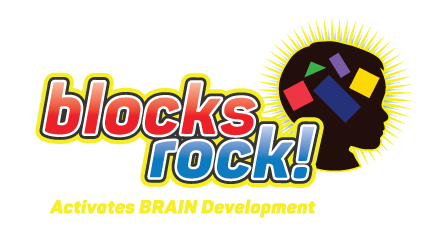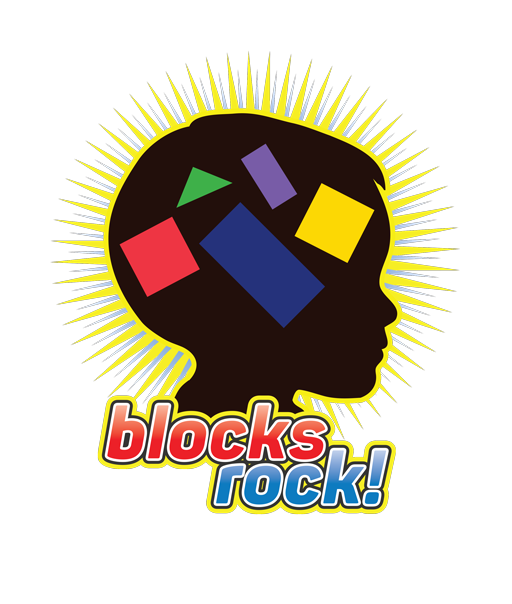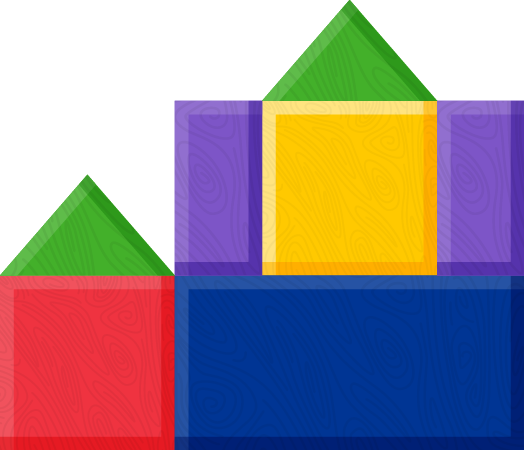News
Activating Brains of All Ages at the Louisville Masonic Community
Discover how Blocks Rock! is bridging generations and activating brains at the Louisville Masonic Community.
In our first feature on the Louisville Masonic Community, we showed how Blocks Rock! has bridged multiple generations using play in Sally’s Garden, a part of the Masonic Community’s assisted care center; but the game is also valued as a healing tool that helps to activate the brains of residents who suffer from Alzheimer’s and other dementia-related diseases that cause cognitive decline.
Discover how leaders at Sally’s Garden use Blocks Rock! as an important piece of technology and why they consider Blocks Rock! to be improving their residents’ lives below!
Technology at Sally’s Garden
Sally’s Garden’s goal is to help their residents extend their independence for as long as possible and enable them to live fulfilling lives. One way they work to achieve this goal is through the use of technology.
“We like to integrate new technologies into the daily lives of our residents. And, the thing about technology is that it doesn’t have to be plugged in,” said Nick Cooper, Executive Director and Administrator of the Masonic Home of Louisville. In fact, one piece of technology at Sally’s Garden looks like two sets of identical blocks, two decks of cards, and a bell.
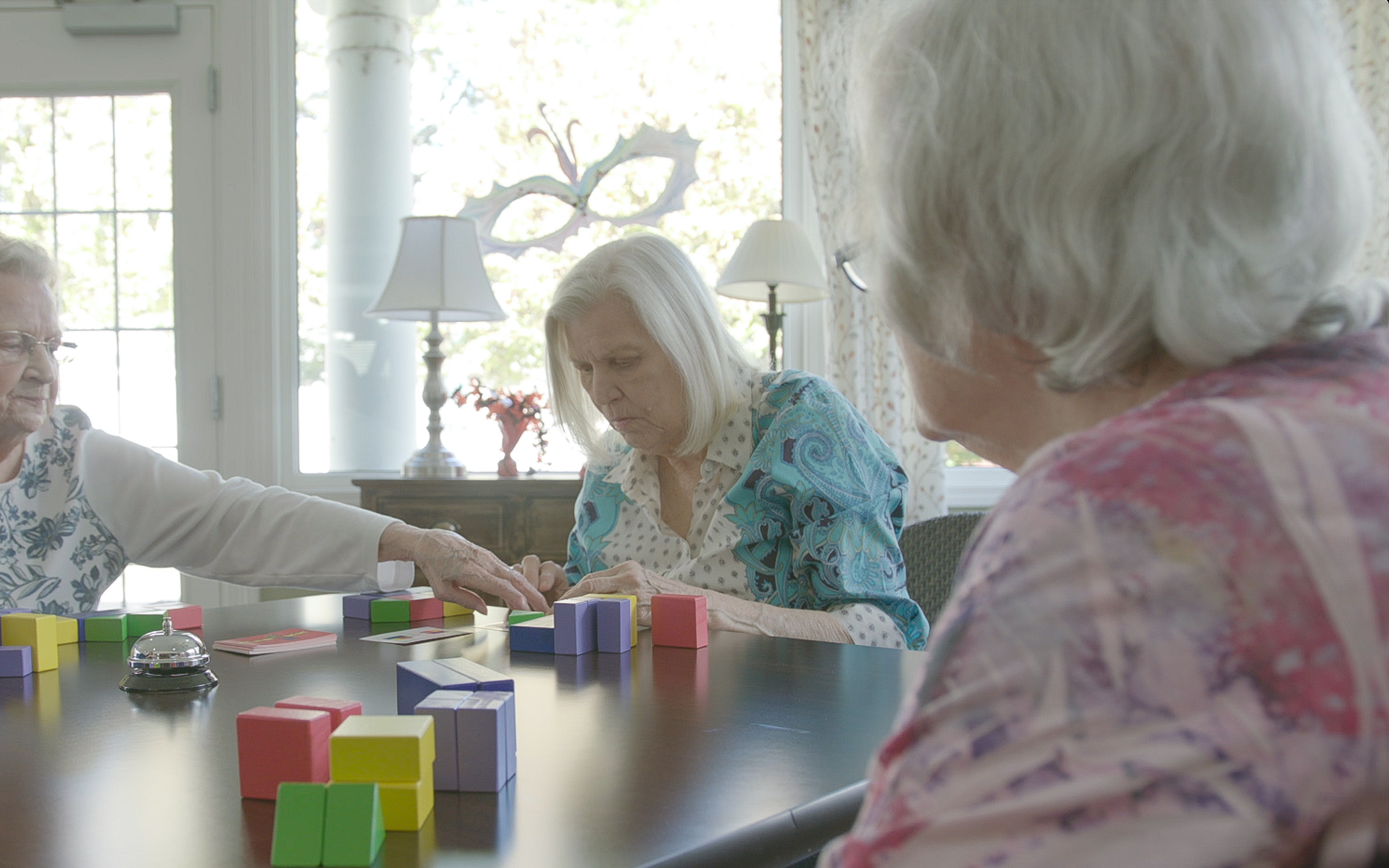
Harnessing Neuroplasticity: Creating New Mental Pathways
“Blocks Rock! is one of our brain games we play here to help our residents’ brains keep living,” said Courtney Martin, Director of Memory Care Services & Life Fulfillment Services at the Louisville Masonic Community.
One reason that Blocks Rock! is an important piece of technology at Sally’s Garden is because it encourages neuroplasticity.
“Neuroplasticity is the ability of our brains to make new pathways, and that’s possible for people with dementia as well...with brain stimulating activities such as Blocks Rock!, we are harnessing neuroplasticity,” Courtney explained. By playing games that promote neuroplasticity, the residents’ brains are forming new connections between brain cells, which can lead to a better quality of life.
To learn more about the brain activating benefits of Blocks Rock! and hear from Courtney Martin, watch this video and keep reading!
Improving Quality of Life
In addition to stimulating neuroplasticity, there are many other benefits that the leaders of Sally’s Garden are seeing as a result of using Blocks Rock!
Better Cognitive Outcomes
“Repetitive use of problem solving and spatial reasoning activities like Blocks Rock! can often mitigate some of the symptoms of dementia such as the inability to focus or concentrate, and our residents can actually have better cognitive outcomes because of that.” - Courtney Martin
More Constructive Visits with Family
“Blocks Rock! is actually helping our residents to have...better cognitive outcomes, they’re even able to visit with their families a little bit more constructively because their brains are working a little bit better.” - Courtney Martin
Increased Community Interaction
“People who didn’t want to go to activities now come out of their rooms to play [Blocks Rock!].” - Nick Cooper, the Executive Director
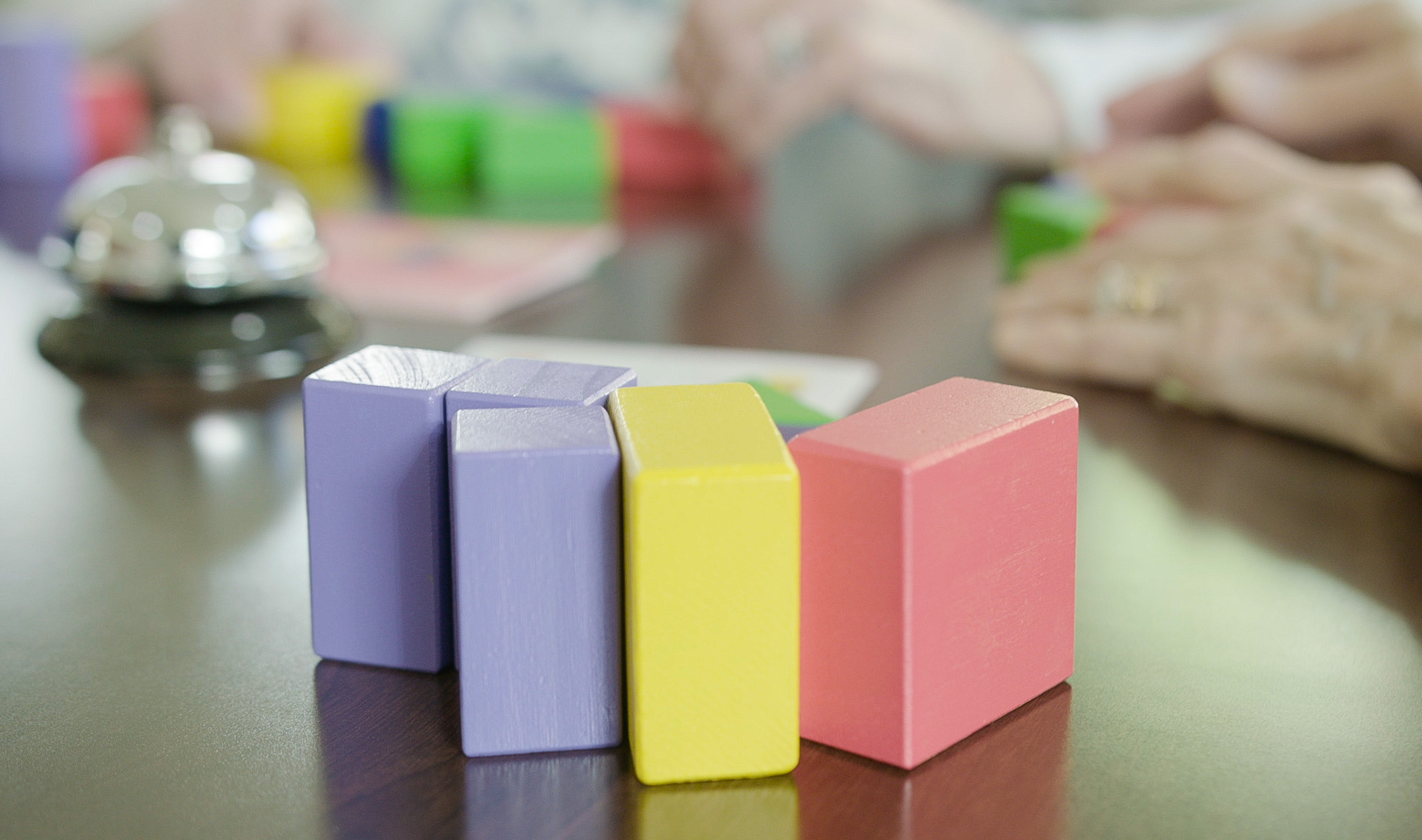
Lifelong Learning with Blocks Rock!
Nick believes in the importance of Blocks Rock! for all ages.
“If you don’t have it, get it; whether you’re at home and have kids, or you have parents that live with you, or you have a community like ours. Get it and use it,” he said.
Blocks Rock! is approved for anyone from age 4 to 104+. If you’re curious about how Sally’s Garden has also used Blocks Rock! to bridge generations and have some fun, click here.
